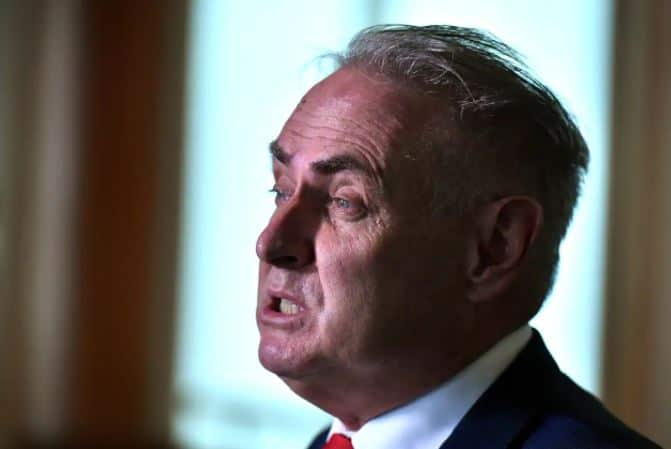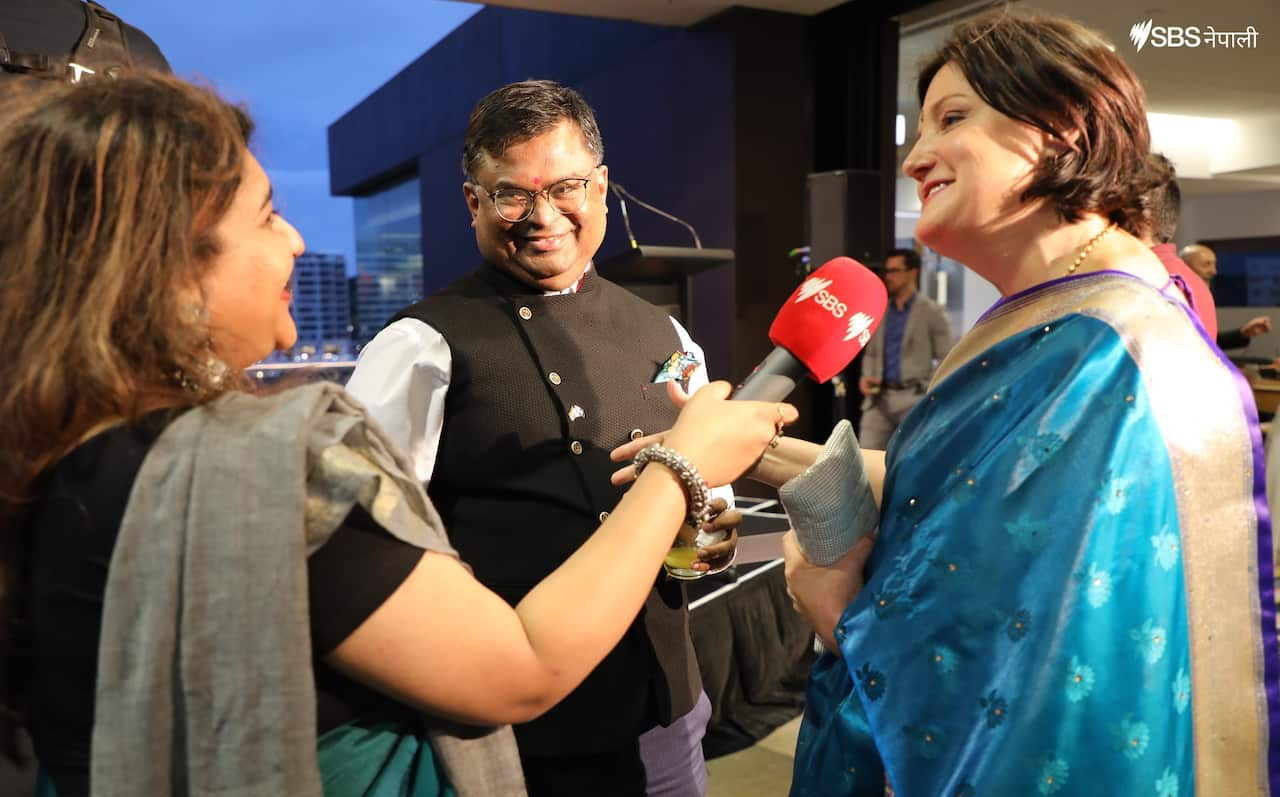Key Points
- India and Australia signed the Economic Cooperation and Trade Agreement (ECTA) on the 2nd of April this year.
- ECTA is India's first trade agreement with a developed country in more than a decade.
- The ECTA will provide duty-free access to Indian exporters for items across 6,000 broad sectors, including textiles, leather, furniture, jewelry, and machinery in the Australian market.
As a result of the activation of the Australia-India Economic Cooperation and Trade Agreement (ECTA) on 29 December, Australian exporters and businesses will save millions in tariffs each year, and many key sectors including education, tourism, wine and IT will benefit.
The move has been hailed as a major boon for both economies by the federal government.
Australia and India are natural trading partners – this agreement will unlock the enormous potential in our trading relationship.Australian Minister for Trade and Tourism Don Farrell
“This agreement reflects the government’s commitment to diversifying exports and strengthening our partnerships,” Mr Farrell said.

Australian Trade and Tourism Minister Don Farrell. Source: AAP
What does the activation of ECTA means?
- From today, Australian businesses will have greater access to the Indian market of 1.4 billion people.
- Tariffs on 85 per cent of Australia's exports to India will be eliminated. This includes key exports such as wool, lamb, barley, oats, fresh rock lobsters, cosmetics and many metallic ores, critical minerals, non-ferrous metals and titanium dioxide.
- Tariffs on a further five per cent of exports, including macadamia nuts, avocados, berries, seafood, pharmaceuticals, cochlear implants, vitamins, infant formula, breakfast cereals, pasta, sandalwood chips, pumps and fillers, excavating machinery parts and lifting machinery for mines, are also lower as of today and will be phased down to zero within six years.
- In addition, Australian producers of premium wine, lentils, almonds, oranges and strawberries are now receiving significant reductions to high Indian tariffs.
- Manufacturers, processors and consumers will also benefit from the elimination of tariffs on imports of Indian goods and inputs.
- Australian services suppliers are gaining full or partial market access across 85 sectors and sub-sectors including distribution, financial and telecommunications services.
- As part of the ECTA, 1,000 work and holiday visas will be made available to young Indians to support tourism.
- Under the agreement, Indian students who graduate in Australia have the opportunity to do post-study work in Australia, with a bonus year for those who excel in STEM (science, technology, engineering, or mathematics).
- The agreement will complement the Australia-India Comprehensive Strategic Partnership, the government’s implementation of the update to the India Economic Strategy and joint efforts in the Quad and Indo Pacific Economic Framework, to tackle the biggest challenges including climate change and security.
- Entry into force this year means Australian exporters will benefit from two tariff cuts in quick succession, the first takes place today and the second, on 1 January 2023.
'Welcoming news and growing excitement'
Several stakeholders and industry groups have welcomed the implementation of the deal.
said the agreement has brought two nations even closer now.
“Universities fully support the government’s focus on growing our relationship with India, which has come on in leaps and bounds,” she said.

Universities Australia Chief Executive Catriona Jackson. Source: Supplied / Supplied by Universities Australia
AIBC's National Chair Jodi McKay welcomed it as a “watershed moment” in the history of the economic and commercial relationship between the two nations.

Former MP Jodi McKay (R) at the Sydney Opera House Diwali lighting event. Credit: SBS Nepali/Dinita Rishal
Former inaugural director of Australia India Institute (AII) Amitabh Mattoo also welcomed the news by calling it as 'a significant turning point for India's foreign policy - both in terms of geo-strategy as well geo-economics.'

Amitabh Mattoo, the former director of Melbourne based Australia India Institute (AII). Source: Supplied / Supplied by Amitabh Mattoo
The federal government said that India was Australia’s sixth-largest trading partner and fourth-largest export market.
Share


